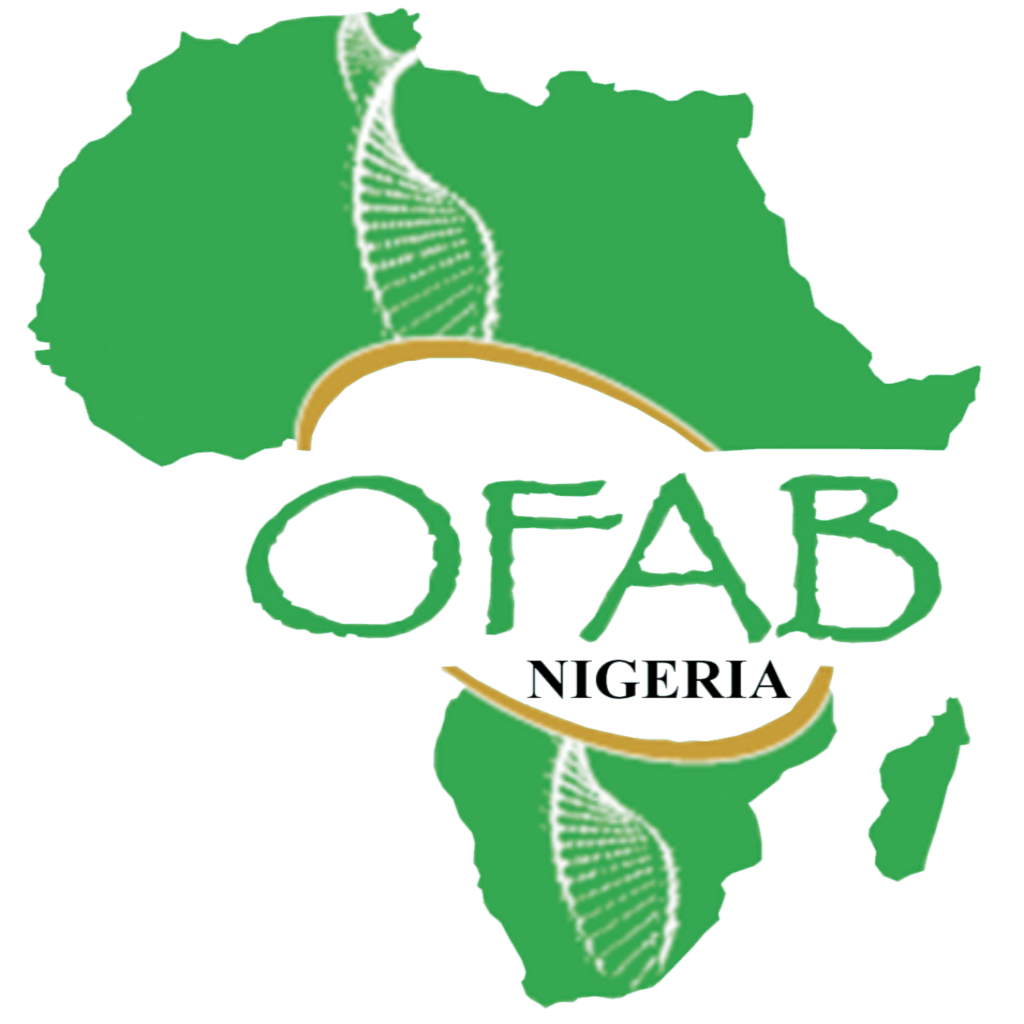The role of research and development in any nation of the world cannot be overemphasized. Research has contributed greatly to the economy advancement of most country, sustainable through the budget year (Nwoka and Otamiri, 2009). Critical thinking and logical reasoning in devising possible solutions to lingering problems forms the bedrock of research.
Research discourse in sub-Saharan Africa has not fully gained attention amongst her populace, particularly in the agricultural sector. Farmers, Consumers and Policy makers in this industry has undermined in the past, the prowess of research and the nexus it promises to proffer in the sustainable drive of the economy (Bjorlund et al., 2020).
In the agriculture sector of the economy, there is still a large margin between research and policy making. This invariably takes a toll on the gap between researchers and policy makers which slows down economic breakthrough. Too much, but a few of non-conveyance of research into policy includes: lack of communication between researchers and policy makers and the non-involvement of policy makers and the public in research. Although, most Nigerian policy makers has identified a gap which is the non-compliance of research activities to community needs, this is quite relative and not absolutely true because of the non-engagement of policy makers. Funding, infrastructure and promotion is vital in research, which is well attainable through the community and policy makers in the agricultural space. If the contents aren’t appreciated, how best would the custodians of such contents be appreciated by the public (Uzochukwu et al., 2016).
The core drivers of these contents are the scientists who deploy in their passion and elaborate knowledge to demystify strategies and possible frameworks that can be convertible into values for the farmers, consumers and policy makers. There is no research culture without a scientist and there wouldn’t be any sustainability without research culture.
Research culture entails character, values, anticipations, attitudes and ethics exhibited in a research community (Miltwa, 2016). Scientist in Nigeria has been greatly influenced by this culture evidenced through their relentless efforts in ensuring that development ensues in a community and a nation at large.
Value Chain and Agricultural Biotechnology
Agriculture value chain has contributed to the mitigation of hunger in Nigeria. Research and development across her value chain would strongly combat food insecurity to the end, so much so that hunger and poverty would be reduced to the threshold. Odesina and Apalara (2020) reported that the agriculture value chains are premeditated to increase advantage through collaboration in a cycle that links producers, processors, marketers, food service companies, retailers and supporting groups such as shippers, research groups and suppliers.

The state of the value chain has appeared progressive over the past decades, although with few actors in the value chain being marginalized. This has in a way break the chains of relationship which is expected to boost productivity, promote innovations and enhance the economy. The circumstance surrounding the agriculture value chain can be traceable to many factors with many appearing conspicuous to the public. The conspicuity of the so called “many” has denied the few inconspicuous, the attention it needs for consistent growth and sustainability.
One of the inconspicuous of the underlying factors is the non-applauds of researchers. This seems very negligible and unnecessary to so many persons especially in sectors as ours, the agriculture sector. Non-compliance to the projected agricultural inventions by other actors of the value chain, non-availability of resources in disseminating research proceedings to the general public, unpalatable disposition to innovations from the consumption model amongst other reasons, advocates for the non-applauds of researchers.
Agricultural biotechnology had experienced in a long run massive progress as from its time of evolution in the agriculture sector. In 2016, Bt Cotton, a genetically modified (gm) insect resistant cotton variety was approved for commercial farming by the National Varietal Release Committee (NVRC) in Nigeria to serve farmers in enhancing productivity. In 2019, PBR Cowpea, a Genetically Modified Insect Resistant Cowpea was also approved for commercial farming by the National Varietal Release Committee launched in Nigeria to compensate for the losses incurred by Cowpea farmers over the years.
A Way Out
There is a strong need to encourage scientists through proper platforms to disseminate their findings and research progress appropriately. Investors, policymakers, farmers and consumers should effectively synergize to sustain policy drives and increase the visibility of crop improvement amongst others.The laud applauds of researchers is key to vitalize efforts which certainly should accompany a great recompense of further biotechnological breakthrough in a long run. The general public should embrace the improvements communicated through research and development to bridge national gaps in the agricultural sector.
Nigeria should embrace the entire scope of celebrating their own else they lose their expertise to nations who value and appreciate innovations. The general saying, you never can tell of the value of a thing until you lose it, has been proven. Scientists deserve, honour and esteem necessitated to upscale her research culture and the tenaciousness in ensuring this advancement gets to the grassroots in lane man understanding for them to ascertain and assimilate.
Conclusion
In conclusion, it is with no doubt that the relevance of research and development is crucial to both knowledge-based institution and economic driven institution. Novel findings in agricultural biotechnology satisfies the quest for food security globally with promising invents to curb future challenges that might arise. Hence, there is a strong need to appreciates the efforts of scientist through a well-structured and sustainable network between researchers, policymakers, farmers and the final consumers, so as to get research into tenable policy and practice.

Odesina Ifeoluwa Simeon;
Cytogenetics & Plant Breeding (MSc); Department of Plant Science & Biotechnology, University of Jos Nigeria

